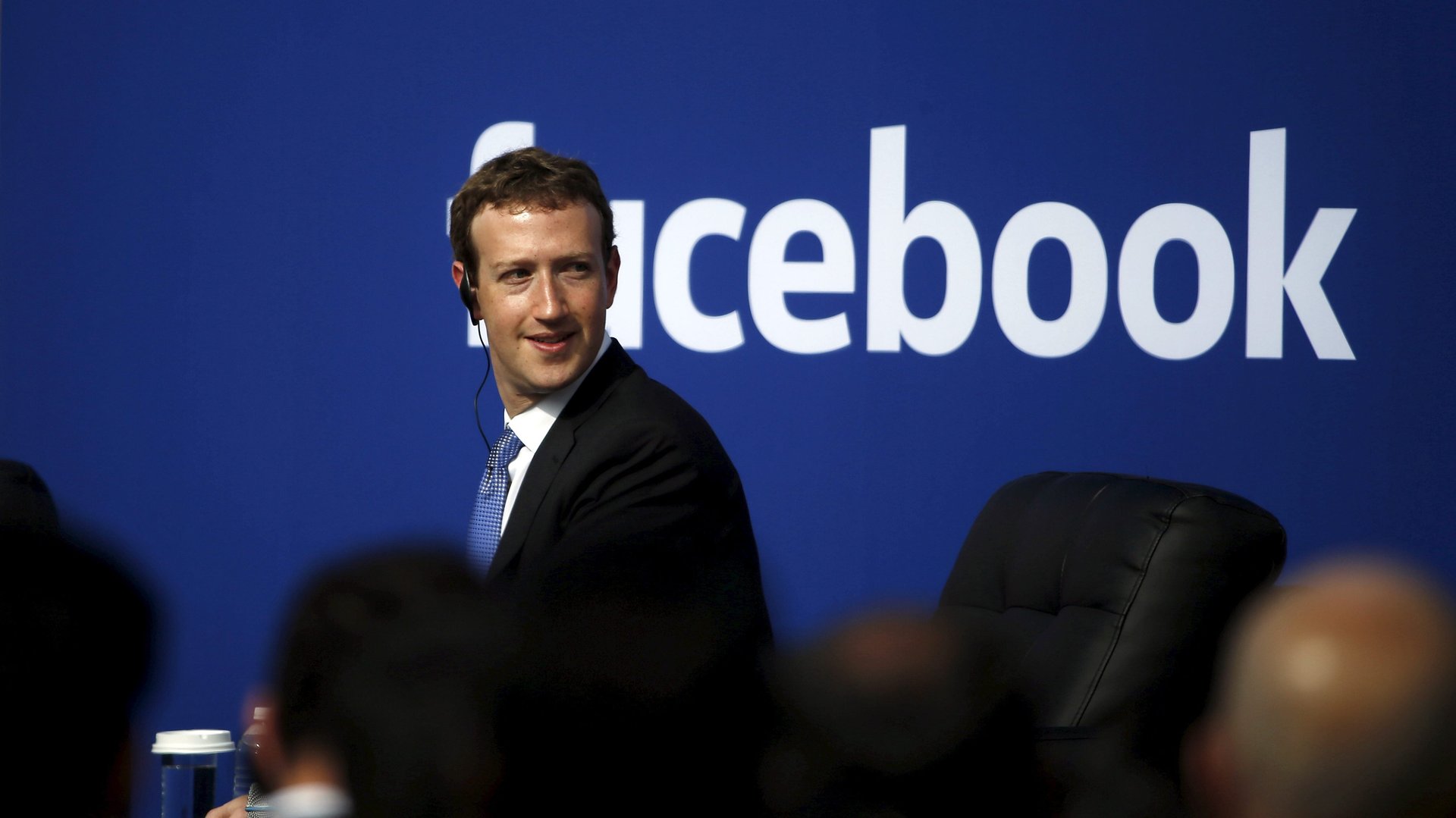Together, Reliance Jio and Facebook are sitting on a goldmine of data
Reliance Jio and Facebook have much to celebrate beyond their combined market value.


Reliance Jio and Facebook have much to celebrate beyond their combined market value.
With Menlo Park-based Facebook buying a 9.99% stake in Jio Platforms, the two giants could be potentially sitting on a goldmine of data. The Mukesh Ambani-owned company is the umbrella entity for all of Reliance Industries’ (RIL) digital and internet businesses. One of the largest investments across the world for a minority stake in the technology sector, this deal puts the spotlight on the huge amount of data each of the platforms generates.
As of July 2017, Facebook had 240 million users in India, while Jio currently has 388 million subscribers. WhatsApp, owned by Facebook, has 400 million users in India, whom the tech giant hopes to leverage for a collaboration with JioMart, Reliance’s online grocery delivery business.
Technology experts, though, worry that Jio’s broadband reach could be used by Facebook to further its “social graph,” the functionality that maps users and their relationships with other digital entities.
“The biggest piece missing currently is how the data-sharing agreement will happen as both the companies will sit on a gold mine of data, and what role will Facebook play over there,” Tarun Pathak, associate director with Counterpoint Research, a Hong Kong-based technology market research company, told Quartz. This, according to Pathak, has implications for Jio and Facebook’s payment businesses, e-commerce collaborations, and using Facebook’s ad platform for Jio’s e-commerce businesses. “As Jio attempts to become a complete ecosystem, data sharing and privacy will play a key role in this.”
Should the Indian government step in, this will not be Facebook’s first brush with the regulatory authorities here.
In 2016, Facebook launched an extensive campaign to promote its “Free Basics” service, allowing some of its services for “free” for those with internet. This was opposed by net neutrality activists as being discriminatory. Eventually, the Telecom Regulatory Authority of India put an end to all debate by ending all discriminatory access to data services.